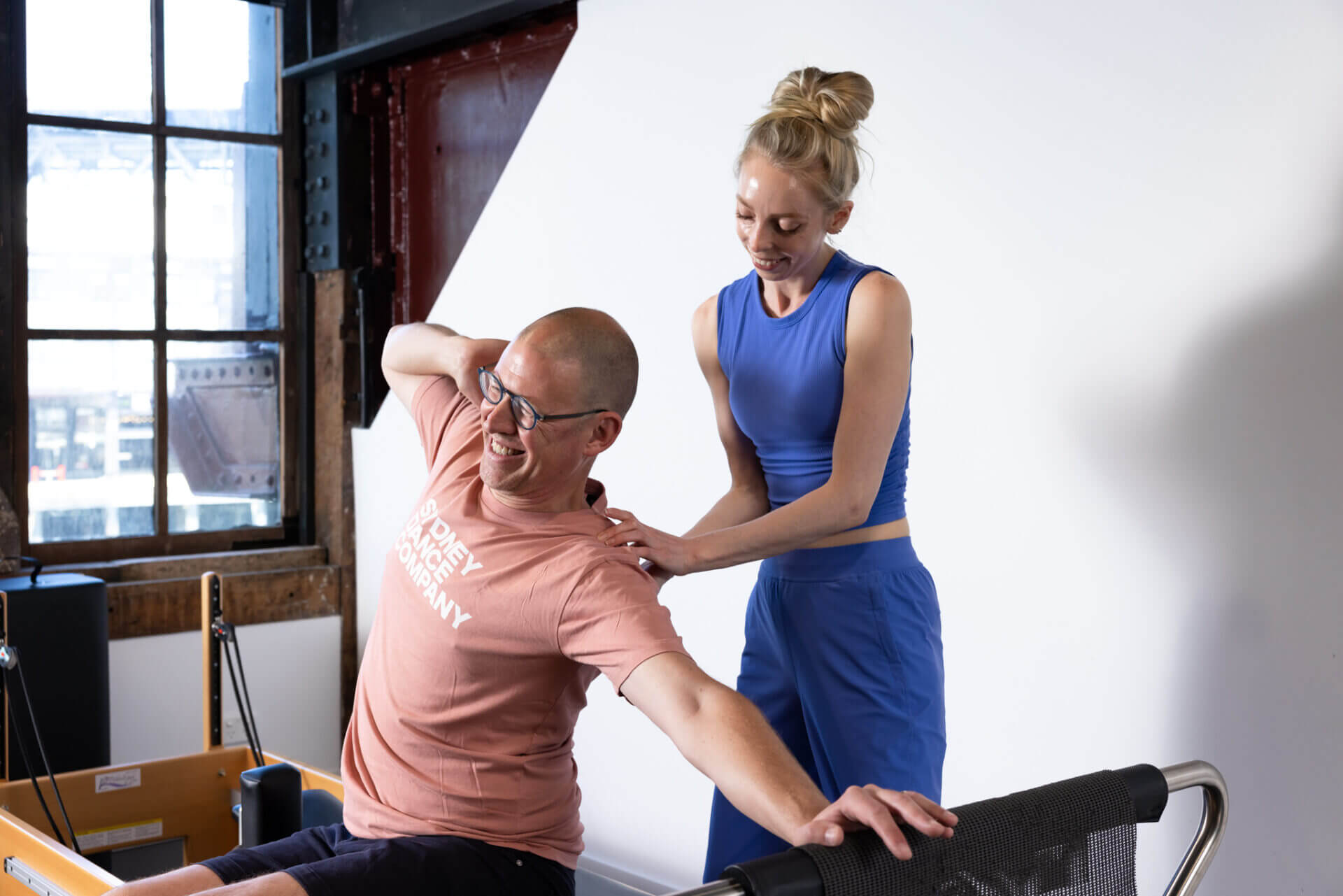Get to know our Pilates Instructor Felicity McGee

published
Read about Matthew Whittet’s beginnings as a dramaturge and experience with Crazy Times.
A dramaturge works with the artistic team to help clarify their vision for the production and works as an advisor on themes and ideas.
I really became interested in Drama when I was in about year 7, and took part in lots of plays in and outside of school. I remember playing Puck in A Midsummer Night’s Dream with a local theatre school, and just loving it. I also joined Australian Theatre for Young People (ATYP), and performed in about 6 or 7 productions with them between ages 14 and 18. At ATYP we worked with professionals in the industry and as we were young it was such a valuable training ground. We didn’t focus on learning how to “act”, they wanted us to think of ourselves as an artist and more about creative freedom and expression and not just acting to get jobs. We participated in such a range of productions from classic scripts, new Australian work and then devising our own. I think for me the pieces we devised have had the greatest impact on my career as it was most closely connected to actually making things.
I get a rush out of making something, starting with nothing and ending up with something unique that nobody has done in this way before, and having people watch it and respond, I kind of fall in love with it every time.
As a dramaturge, it’s kind of like being a theatrical builder, there’s a really clear line. You can make material which is the role when I’m a writer, but you really don’t do that as a dramaturge. You’re there to be responsive to the maker, who in this case was Antony and the dancers. It’s like you’re a one person test audience every day, in every moment. Antony and I hadn’t worked together before, so there had to be a lot of trust between us, he would always talk through his ideas, and I would be there to facilitate discussion and ask questions, sometimes to problem solve when it’s needed. Regardless of whether it’s acting or dance, it’s about speaking, offering or doing, I was very much there to listen and to respond.
To download a PDF version of this interview click here.